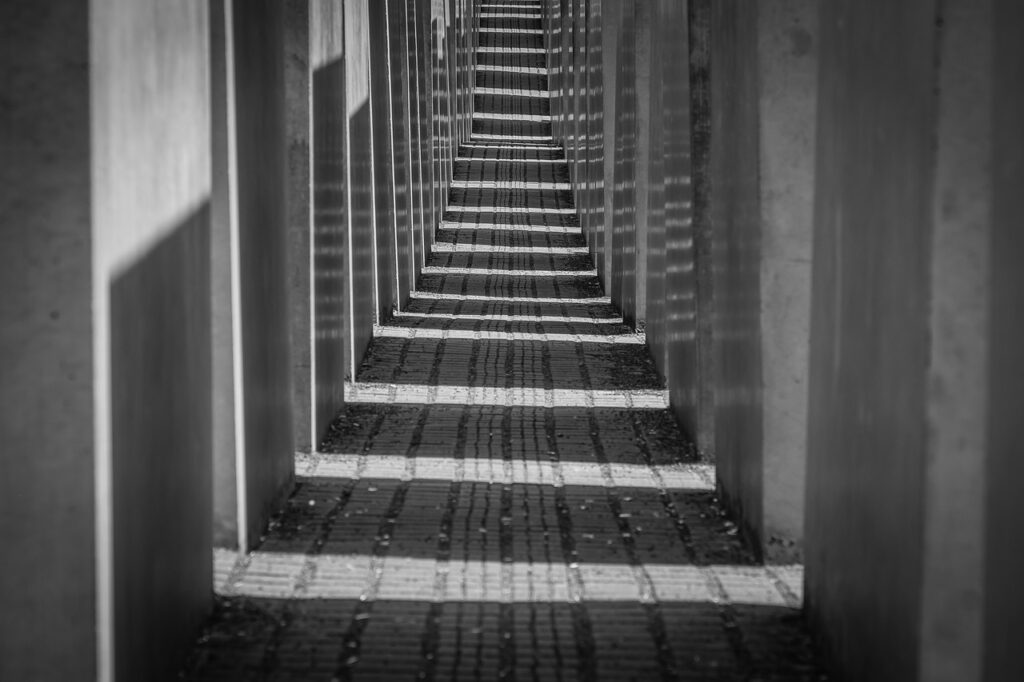Gloria Sánchez Aguilar. Peninsula 360 Press [P360P].

The denial and distortion of the Holocaust is a serious and dangerous phenomenon, for forgetting could lead us to repeat history.
On January 27th, the liberation of Holocaust survivors was commemorated. The massacre of Jews and other ethnic groups, accepted or promoted by the Nazi power, on November 9 and 10, 1938, which meant the destruction of the lives of six million Jews mercilessly murdered.
References to the Holocaust that distort its history and relevance are an insult to the memories and experiences of victims and survivors, as well as an encouragement of a world with genocide.
The "Stockholm Declaration" is the founding document of the International Holocaust Remembrance Alliance (IHRA), held in Stockholm in January 2000. The Forum was attended by representatives of 46 governments and continues to serve as an affirmation of each IHRA member country's commitment to shared principles that read, in abbreviated form, as follows:
- The terrible suffering of the many millions of victims of the Nazis has left an indelible scar all over the world.
- The magnitude of the Holocaust, planned and carried out by the Nazis, must be forever etched in our collective memory. The selfless sacrifices of those who defied the Nazis and sometimes gave their own lives to protect or rescue the victims of the Holocaust must also be inscribed in our hearts.
- Together we must defend the terrible truth of the Holocaust against its deniers. We must strengthen the moral commitment of our peoples and the political commitment of our Governments to ensure that future generations can understand the causes of the Holocaust and reflect on its consequences.
- We share a commitment to commemorate the victims of the Holocaust and to honour those who opposed it. We will encourage appropriate forms of Holocaust remembrance, including an annual Holocaust Remembrance Day (in our countries on 27 January).
- We are committed to planting the seeds of a better future amidst the soil of a bitter past. We identify with the suffering of the victims and are inspired by their struggle. Our commitment must be to remember the victims who perished, to respect the survivors who are still with us and to reaffirm humanity's common aspiration for mutual understanding and justice.
The theme reflects the continuing importance today, 76 years after the Holocaust, of collective action against anti-Semitism and other forms of bias to ensure respect for the dignity and human rights of all people everywhere.
Anti-Semitism, including Holocaust denial and distortion, is on the rise around the world with devastating consequences for individuals, communities and democracies. Education has a crucial role to play in combating it.
The challenge in our times is monumental: 63% of young Americans do not know how many people died in the Holocaust; 47% of Germans surveyed in 2020 responded that Germany "was not particularly guilty".
A Swedish report showed that 35 percent of social media posts referring to Jews include anti-Semitic stereotypes and hostile statements.
The coronavirus pandemic has accelerated this trend and brought with it an explosion of anti-Semitic conspiracy theories on social media platforms. Thus, it has been observed that protests against coronavirus restrictions in many European countries were infused with far-right and anti-Semitic rhetoric.
Racist ideologies have not disappeared in our world: there are still groups within society who are ready to preach such ideas and act accordingly. Those who suffered during the Nazi era feel particularly threatened today by extremist or neo-Nazi groups. These groups are not afraid to appear in public and praise Nazi ideology, recall its symbols and slogans, and organize rallies and marches to celebrate the Nazi past. And, sadly and surprisingly, they continue to attract followers.
It is not enough just to remember the Holocaust, it is necessary to effectively apply legal tools in order to prevent or punish violent manifestations of racist and extremist ideologies.
As a result of recognizing the danger of hate speech, violent racism, xenophobia and anti-Semitism, the OSCE (Organization for Security and Co-operation in Europe), together with other international organizations, has called for joining forces to promote tolerance and non-discrimination.
The memory and denunciation of the Holocaust cannot disappear; if it does, the suffering of millions of people will have been in vain. Yet humanity is confronted again and again with the evil of genocide. The survivors teach us that we must not collaborate with those whose cause is hatred, but resist it and actively oppose this evil.
Do you join in not forgetting and defend the truth?
Gloria Sánchez Aguilar has a degree in Psychology, works as a psychotherapist and lives in Mexico.


